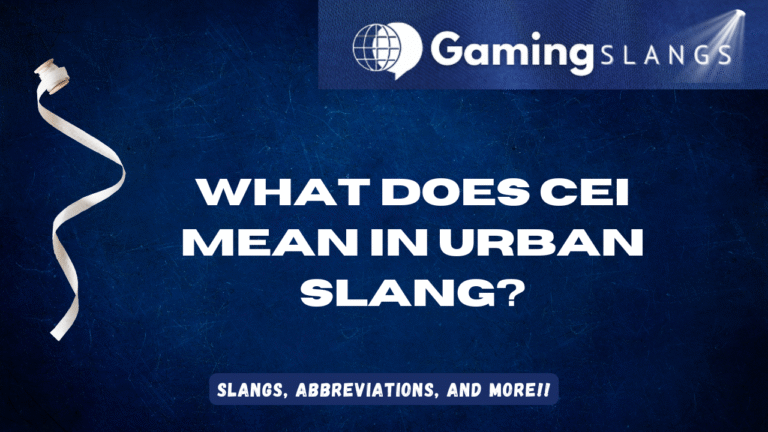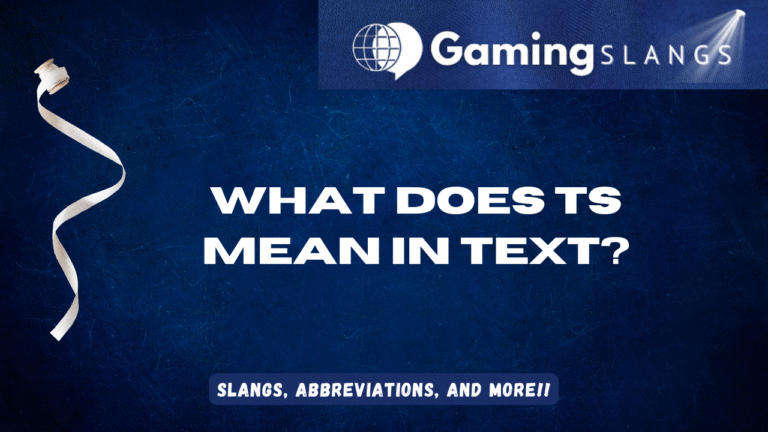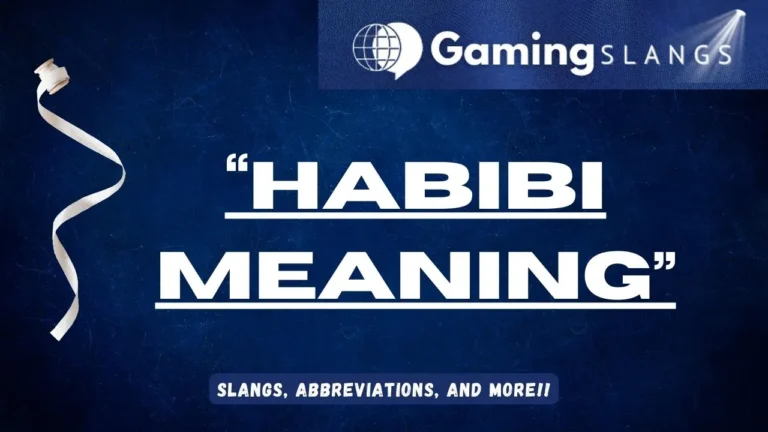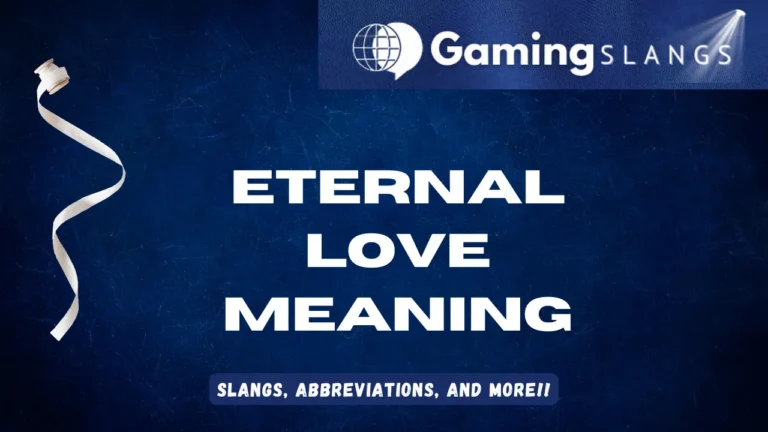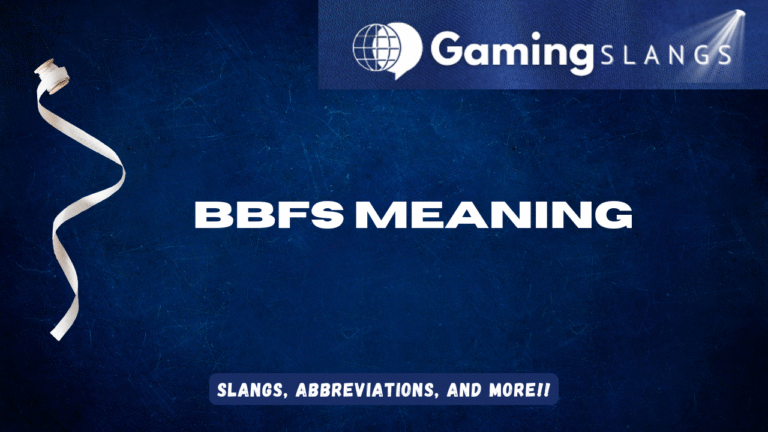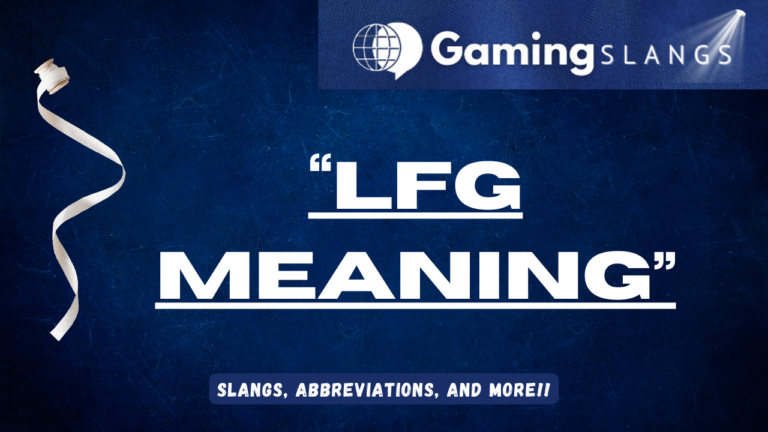Sunbaenim (선배님) is a Korean honorific used to address or refer to a senior in school, work, or a particular field. It conveys respect and acknowledges the senior’s experience, often used by juniors (hoobaes) when speaking to someone with more expertise or tenure.
Origins of Sunbaenim
The term sunbae (선배) originates from the Korean language and refers to someone with more experience or seniority in a given context, such as education or the workplace. The suffix -nim (님) is an honorific that adds politeness, making “sunbaenim” a highly respectful form of address.
How to Use Sunbaenim in a Sentence?
“Sunbaenim” is commonly used in professional or academic settings to show deference to someone with more experience. Below are five example sentences demonstrating its usage:
1. 선배님, 조언 좀 해주실 수 있나요?
Sunbaenim, could you give me some advice?
→ Used when seeking guidance from a senior colleague or mentor.
2. 우리 팀의 선배님께서 발표를 맡으셨습니다.
Our team’s sunbaenim will be giving the presentation.
→ Shows respect when introducing a senior team member.
3. 선배님 덕분에 프로젝트를 성공적으로 마칠 수 있었어요.
Thanks to you, sunbaenim, we successfully completed the project.
→ Expressing gratitude to a senior for their help.
4. 이 책은 저희 선배님이 쓰신 거예요.
This book was written by my sunbaenim.
→ Highlighting the achievements of a respected senior.
5. 선배님과 함께 일하게 되어 영광입니다.
It’s an honor to work with you, sunbaenim.
→ Demonstrates professional respect in a workplace setting.
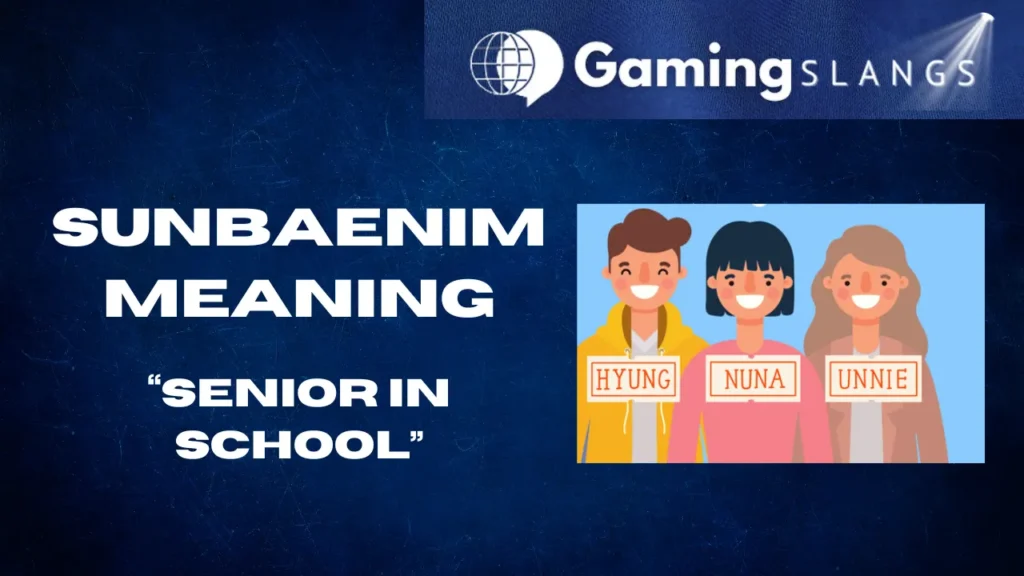
Pronunciation of Sunbaenim
Pronounced as: soon-bae-nim (선배님)
Words Similar to Sunbaenim
• Hoobae (후배) – The opposite of “sunbaenim,” referring to a junior or less experienced person.
• Seonsaengnim (선생님) – A respectful title for a teacher or mentor.
• Hyeong (형) / Nuna (누나) – Informal terms for older brothers or sisters used by younger males.
• Oppa (오빠) / Unnie (언니) – Terms used by younger females to address older brothers or sisters in a casual setting.
• Jangnim (장님) – An honorific title for high-ranking professionals, such as company executives.
Similar Slangs:

